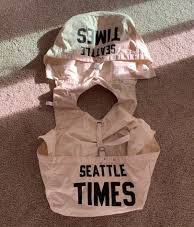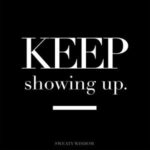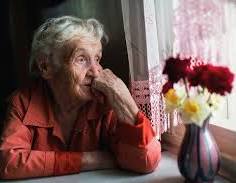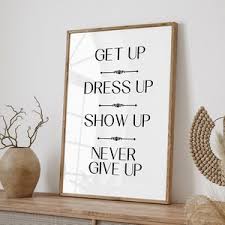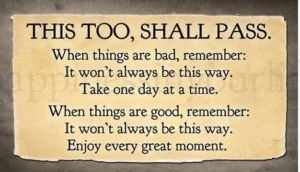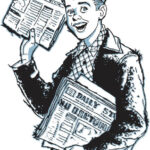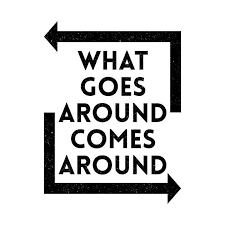The first real job I ever had was as a Seattle Times paper boy.
I delivered papers seven days a week to homes on the north slope of Queen Anne Hill in Seattle.
Working my route, I learned a few things about my neighbors:
- many were lonely
- many felt isolated
- many were without family
I learned just showing up made a difference in their lives.
For some I (and the newspaper) were a dependable connecting point to the outside world.
Think about it.
Sixty-plus years ago who could you count to consistently show up?
- The milkman
- The postman
- The paper boy
We were the people our neighbors could count on.
In fact, it appeared to me that many on my route were waiting not so much for the newspaper, but to see me delivering it.
Even at my tender age I knew the look of loneliness.
I remember one elderly woman on Bertona Street often had her nose pressed against her window at 4:30 p.m. just waiting for me to wave to her as I delivered her paper.
I loved to see her smile — she made me smile.
It was important for me to know I was important to her.
At age 12 I didn’t experience myself being all that special. So to know, even at a distance, that I was special to her gave a sense of purpose to my life.
On collection day she’d always have oatmeal cookies and hot chocolate waiting. Oh, how I remember the smell of those cookies.
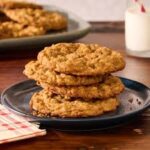
There was another elderly woman on McGraw Street who lived as a shut-in. The kids in the neighborhood were afraid of her, thought she might be crazy.
Then, on one collection visit near Christmas I learned the truth.
She invited me in and told me the story of how she’d lost both her husband and son in the Second World War, how deeply she missed them. She cried and cried after she told me. This elderly woman was far from crazy, just terribly lonely.
I grew up a little more after that visit.
But the stop on my route I enjoyed the most was to the annex of King County Harborview Hospital.
This big old building housed mostly long-term, indigent patients who seldom had visitors, who never left the hospital except on their way to a pauper’s grave.
Often these deliveries would extend through dinner hour because so many patients wanted to visit with me.
And heck — because they took an interest in me — I took an interest in them.
There I met two remarkable bed-ridden roommates
- John, paralyzed from polio contracted at age three
- Mike, paralyzed from a diving accident at 16
These guys were animated, interesting and fun-loving.
I remember when Kennedy was assassinated I wanted to be at the County Hospital to watch the TV coverage with them.
It seemed like the end of the world to me.
But to these men and women, who’d endured so much, it was just one more day in a life that would, in time, simply pass away.
I learned something from them I’ve never forgotten.
Come what may, life goes on.
The truth be told, at that time in my young life —
- I liked being wanted
- I liked being needed
- I liked having a purpose
Even if only to deliver a newspaper, it became my reason for showing up.
It made me happy to know that someone in the world was actually happy to see me. It meant a great deal to know my neighbors depended on me to deliver the news each day.
We humans are not meant to be solitary souls, nor are we meant to be without purpose.
We need each other to find our meaning in life.
As a 12-year-old I learned my neighbors needed me and I needed them.
Now that I am old, I know what it’s like to have my nose pressed up against the window.
Copyright © 2025 Patrick J. Moriarty. All Rights Reserved.

